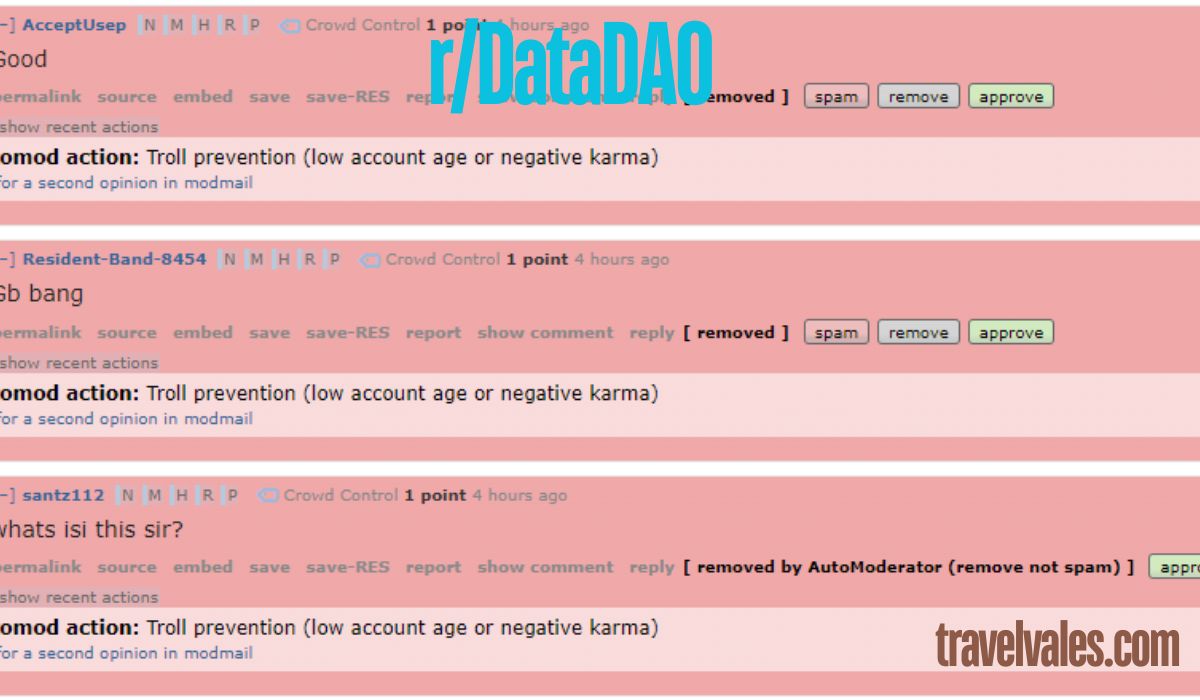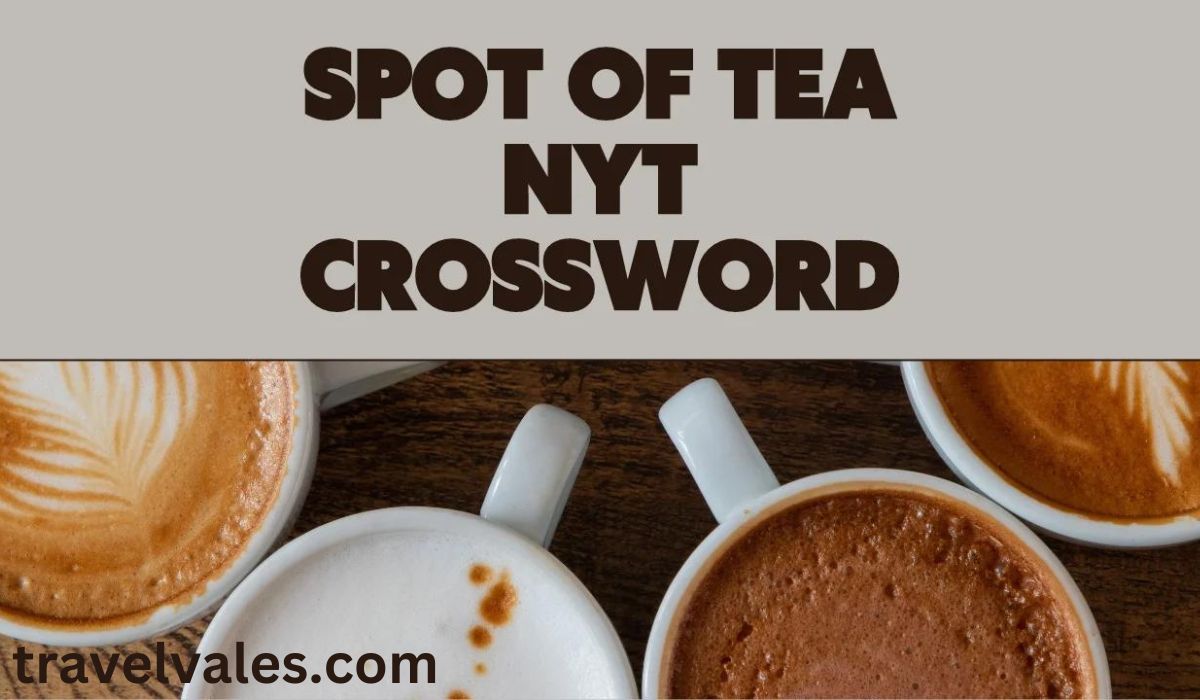Welcome to the ultimate guide on r/DataDAO. This article will provide you with an in-depth understanding of DataDAO, exploring its definition, importance, applications, and future potential. We’ll break down complex concepts into easy-to-understand language, ensuring a user-friendly experience for all readers. Whether you’re a tech enthusiast, a professional in the field, or just curious about DataDAO, this guide is for you.
What is DataDAO?
Definition
DataDAO stands for Data Decentralized Autonomous Organization. It is a blockchain-based framework designed to manage and govern data in a decentralized manner. Unlike traditional data management systems, DataDAO operates without a central authority, relying instead on smart contracts and consensus mechanisms.
Key Features
- Decentralization: No single entity controls the data.
- Autonomy: Operates through pre-programmed rules encoded in smart contracts.
- Transparency: All transactions and operations are visible on the blockchain.
- Security: Enhanced security through blockchain technology.
- Community Governance: Decisions are made collectively by stakeholders.
The Importance of DataDAO
Revolutionizing Data Management
DataDAO has the potential to revolutionize how we manage, share, and utilize data. Traditional data management systems often suffer from issues such as data breaches, central control, and lack of transparency. DataDAO addresses these problems by providing a secure, transparent, and decentralized platform for data governance.
Enhancing Data Security
One of the most significant advantages of DataDAO is its ability to enhance data security. By leveraging blockchain technology, DataDAO ensures that data is encrypted and stored across a distributed network, making it nearly impossible for unauthorized entities to access or alter the data.
Promoting Data Ownership and Control
DataDAO empowers individuals and organizations to own and control their data. In a traditional setup, data is often controlled by centralized entities like corporations or governments. With DataDAO, data ownership is democratized, giving users full control over their information.
Applications of DataDAO
Healthcare
- Patient Data Management: Secure and efficient management of patient records.
- Research Collaboration: Facilitates data sharing among researchers while maintaining data privacy.
- Personal Health Records: Empowers individuals to manage and share their health data securely.
Finance
- Secure Transactions: Ensures the security and transparency of financial transactions.
- Decentralized Finance (DeFi): Enhances DeFi platforms by providing secure data governance.
- Fraud Prevention: Reduces the risk of fraud through transparent and immutable records.
Supply Chain Management
- Traceability: Provides end-to-end traceability of products in the supply chain.
- Transparency: Increases transparency and accountability in supply chain operations.
- Efficiency: Streamlines supply chain processes through automated smart contracts.
Education
- Student Records: Secure management of student academic records.
- Research Data: Facilitates secure and efficient sharing of research data.
- Credential Verification: Ensures the authenticity of educational credentials.
Government
- Public Records: Secure and transparent management of public records.
- Voting Systems: Enhances the security and transparency of voting systems.
- Data Privacy: Protects citizens’ data privacy through decentralized governance.
How Does DataDAO Work?
Blockchain Technology
DataDAO relies on blockchain technology to ensure the security, transparency, and decentralization of data. Blockchain is a distributed ledger that records transactions across a network of computers. Each transaction is verified by consensus mechanisms, ensuring its accuracy and immutability.
Smart Contracts
Smart contracts are self-executing contracts with the terms of the agreement directly written into code. In DataDAO, smart contracts automate various processes, such as data sharing, access control, and governance. These contracts execute automatically when predefined conditions are met, ensuring efficiency and reliability.
Consensus Mechanisms
Consensus mechanisms are protocols that ensure all participants in the network agree on the state of the blockchain. Common consensus mechanisms include Proof of Work (PoW) and Proof of Stake (PoS). In DataDAO, consensus mechanisms play a crucial role in maintaining the integrity and security of the data.
Governance Models
DataDAO operates on a community governance model, where decisions are made collectively by stakeholders. Governance models can vary, but they typically involve voting mechanisms that allow participants to propose and vote on changes to the system. This democratic approach ensures that the interests of the community are represented.
The Future of DataDAO
Emerging Trends
- Interoperability: Developing standards for interoperability between different DataDAO platforms.
- AI Integration: Integrating artificial intelligence to enhance data analysis and decision-making.
- Scalability: Improving scalability to handle large volumes of data efficiently.
- Regulatory Compliance: Ensuring compliance with emerging data protection regulations.
Challenges and Solutions
- Scalability Issues: Addressing scalability through advanced blockchain technologies and consensus mechanisms.
- Regulatory Hurdles: Navigating regulatory challenges by developing compliant frameworks.
- Adoption Barriers: Promoting adoption through education and collaboration with industry stakeholders.
Potential Impact
DataDAO has the potential to transform various industries by providing secure, transparent, and decentralized data management solutions. As technology evolves, we can expect to see increased adoption and innovation in this space, leading to more efficient and secure data governance.
How to Get Involved with r/DataDAO
Joining the Community
The r/DataDAO community on Reddit is a vibrant and active space where enthusiasts, professionals, and curious individuals come together to discuss all things related to DataDAO. Joining the community is easy and provides access to a wealth of knowledge and resources.
Contributing to Discussions
- Ask Questions: Don’t hesitate to ask questions and seek clarifications.
- Share Insights: Share your insights and experiences with the community.
- Participate in Debates: Engage in healthy debates to deepen your understanding of DataDAO.
Staying Updated
- Follow Key Threads: Follow important threads and discussions to stay updated on the latest developments.
- Subscribe to Newsletters: Subscribe to newsletters and updates from reputable sources.
- Attend Webinars: Participate in webinars and online events to learn from experts.
YOU MAY ALSO LIKE: Comprehensive Guide to the WebCord Virus
Conclusion
DataDAO represents a groundbreaking approach to data management, offering numerous benefits over traditional systems. By leveraging blockchain technology, smart contracts, and decentralized governance, DataDAO provides a secure, transparent, and efficient framework for data governance. As we move towards a more data-driven future, understanding and embracing DataDAO will be crucial for individuals and organizations alike.
Whether you’re new to the concept or already familiar with it, we hope this guide has provided you with valuable insights into r/DataDAO. Join the community, participate in discussions, and stay informed about the latest trends and developments in this exciting field.
FAQs
What is DataDAO?
DataDAO stands for Data Decentralized Autonomous Organization, a blockchain-based framework for decentralized data management.
How does DataDAO enhance data security?
DataDAO enhances data security through blockchain technology, which ensures data is encrypted and stored across a distributed network.
What are the applications of DataDAO?
DataDAO has applications in healthcare, finance, supply chain management, education, and government, among others.
How can I get involved with r/DataDAO?
You can join the r/DataDAO community on Reddit, participate in discussions, share insights, and stay updated on the latest developments.
What is the future potential of DataDAO?
The future potential of DataDAO includes trends like interoperability, AI integration, scalability improvements, and regulatory compliance, with significant impacts across various industries.
FAQS
Top 5 Most Searched FAQs about DataDAO
Here are the five most searched frequently asked questions (FAQs) about DataDAO, along with detailed answers to help you better understand this innovative concept:
1. What is DataDAO and how does it work?
Answer:
DataDAO stands for Data Decentralized Autonomous Organization. It is a blockchain-based system designed to manage and govern data in a decentralized manner. Unlike traditional data management systems that rely on central authorities, DataDAO operates autonomously using smart contracts and consensus mechanisms.
How it works:
- Blockchain Technology: DataDAO uses blockchain to store data securely and transparently. Each transaction is recorded on a distributed ledger, ensuring data integrity and security.
- Smart Contracts: These are self-executing contracts with terms directly written into code. They automate processes like data sharing, access control, and governance.
- Consensus Mechanisms: Protocols like Proof of Work (PoW) and Proof of Stake (PoS) ensure all network participants agree on the state of the blockchain, maintaining data integrity.
2. What are the benefits of using DataDAO?
Answer:
DataDAO offers several significant benefits:
- Decentralization: Eliminates the need for a central authority, reducing risks associated with central control.
- Security: Enhances data security through encryption and distributed storage on the blockchain.
- Transparency: All transactions and operations are visible on the blockchain, ensuring transparency.
- Autonomy: Operates independently using pre-programmed rules in smart contracts.
- Community Governance: Decisions are made collectively by stakeholders, ensuring democratic governance.
3. How is DataDAO different from traditional data management systems?
Answer:
DataDAO differs from traditional data management systems in several key ways:
- Centralization vs. Decentralization: Traditional systems are controlled by a central entity, while DataDAO operates on a decentralized network.
- Security: DataDAO uses blockchain technology for enhanced security, making data breaches less likely.
- Transparency: DataDAO provides complete transparency as all transactions are recorded on the blockchain, whereas traditional systems can be opaque.
- Governance: In traditional systems, decisions are made by a central authority. In DataDAO, governance is democratic and community-driven.
- Autonomy: DataDAO functions autonomously through smart contracts, whereas traditional systems require manual intervention.
4. What are some real-world applications of DataDAO?
Answer:
DataDAO can be applied across various industries, including:
- Healthcare: Secure patient data management, research collaboration, and personal health record management.
- Finance: Secure transactions, decentralized finance (DeFi) applications, and fraud prevention.
- Supply Chain Management: Enhancing traceability, transparency, and efficiency in supply chain operations.
- Education: Secure management of student records, research data sharing, and credential verification.
- Government: Managing public records, enhancing voting system security, and protecting data privacy.
5. How can I get involved with the r/DataDAO community?
Answer:
Getting involved with the r/DataDAO community is easy and beneficial:
- Join the Reddit Community: Visit the r/DataDAO subreddit and become a member to participate in discussions and stay updated.
- Ask Questions: Engage with the community by asking questions and seeking clarifications.
- Share Insights: Contribute by sharing your knowledge, insights, and experiences.
- Participate in Debates: Engage in healthy debates to deepen your understanding of DataDAO.
- Stay Updated: Follow key threads, subscribe to newsletters, and attend webinars to keep up with the latest developments.
By understanding these FAQs and their answers, you’ll gain a deeper insight into DataDAO and its transformative potential.










